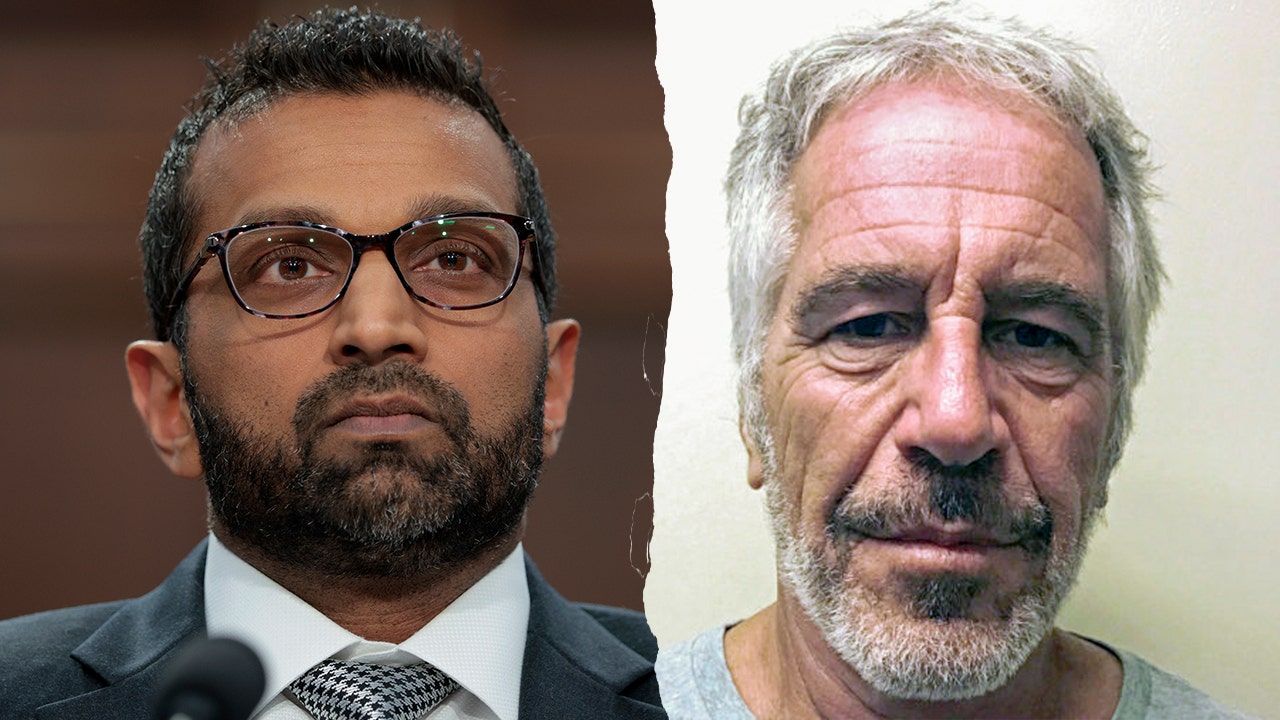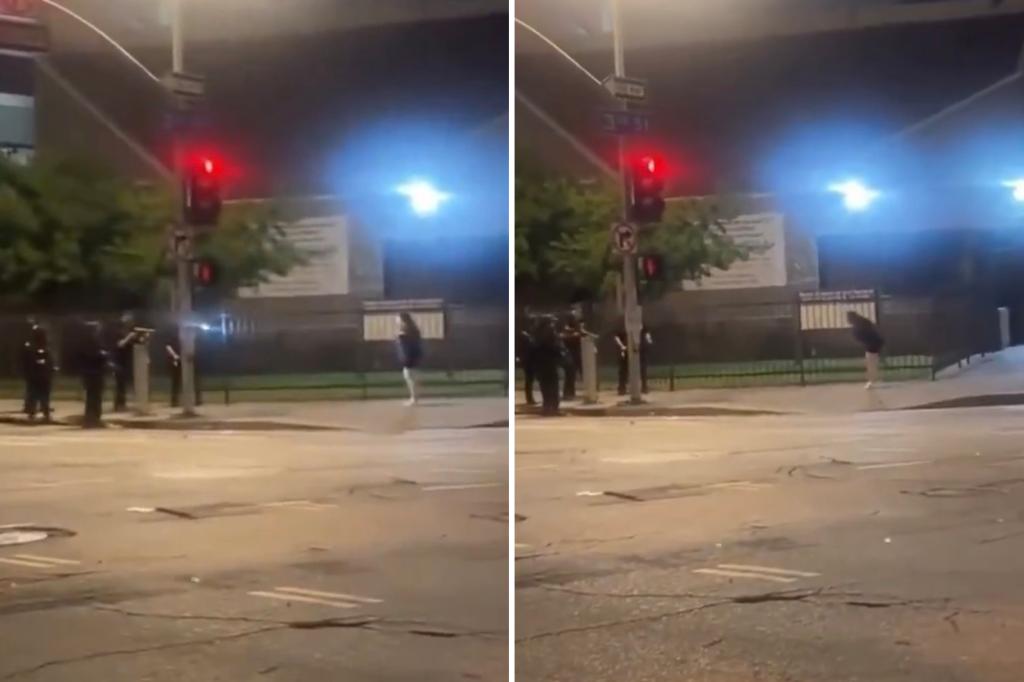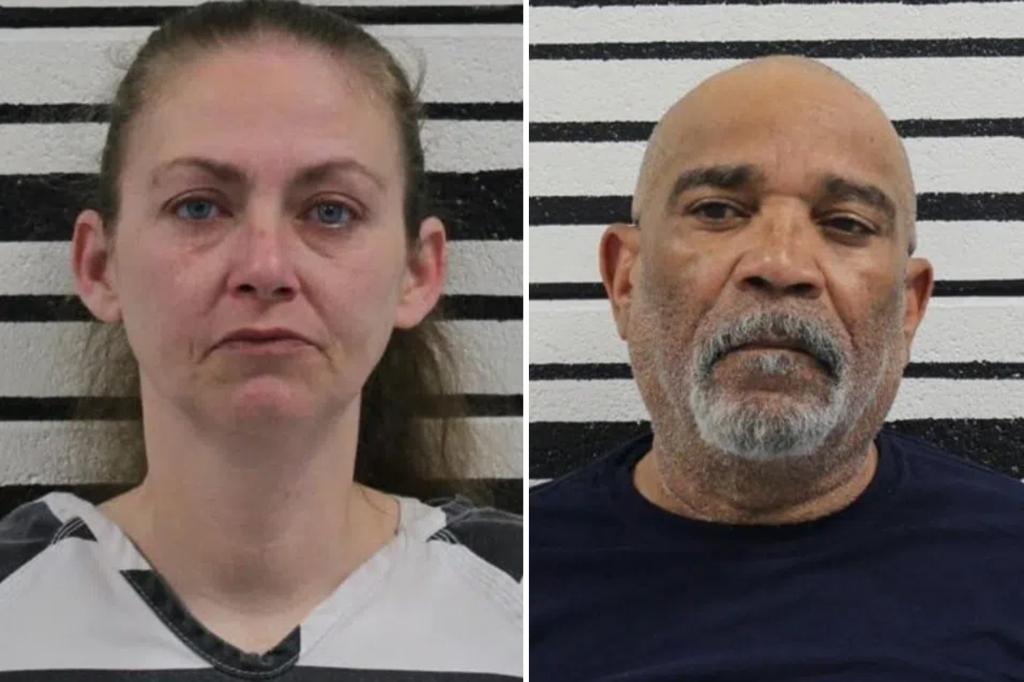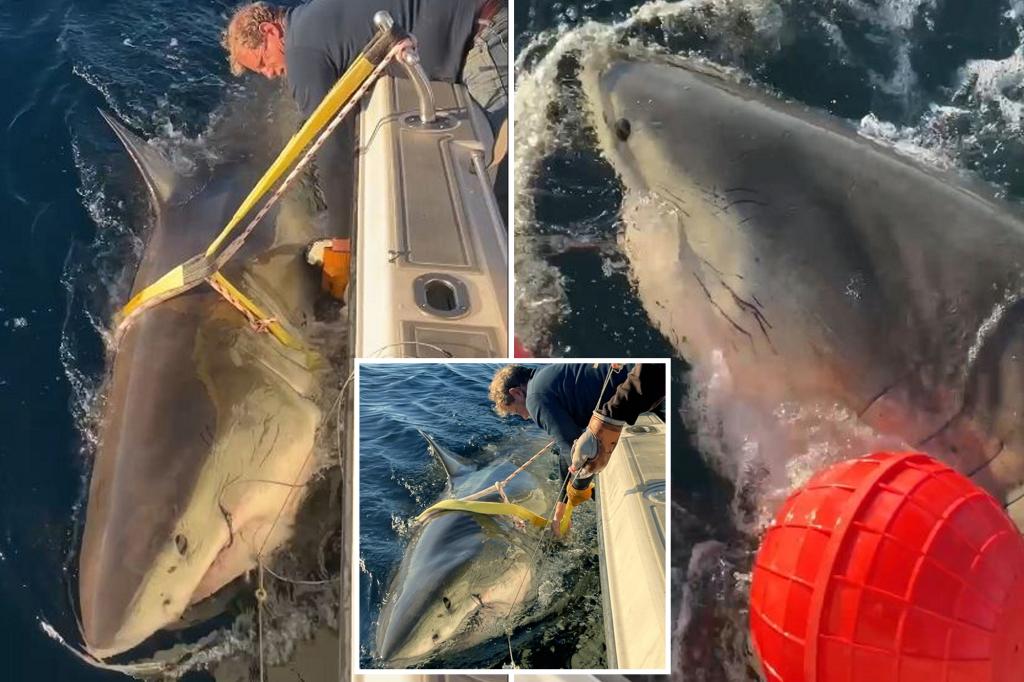Unraveling the Mystery: Did Jeffrey Epstein Take His Own Life?
Jeffrey Epstein, the disgraced financier and accused sex trafficker, was found dead in his Manhattan jail cell on August 10, 2019. Officially ruled a suicide by hanging, his death sparked immediate controversy, fueling conspiracy theories and raising questions about prison security. Despite the FBI’s conclusion, skepticism persists, with experts and the public demanding further scrutiny into the circumstances surrounding his demise.
The Official Findings: Suicide or Something More?
The FBI and the New York City Medical Examiner’s Office concluded that Epstein’s death resulted from suicide. Their investigation cited broken neck bones consistent with hanging, along with surveillance footage showing no unauthorized entry into his cell. However, irregularities—such as malfunctioning cameras and guards failing to perform routine checks—left room for doubt.
Dr. Michael Baden, a forensic pathologist who observed Epstein’s autopsy, noted, “The hyoid bone fractures are more common in homicidal strangulation than suicide. This doesn’t definitively prove foul play, but it raises legitimate questions.” Meanwhile, former FBI assistant director Chris Swecker emphasized, “The Bureau’s findings align with the evidence, but the lapses in protocol are inexcusable.”
Prison Failures and Lingering Questions
The Metropolitan Correctional Center (MCC), where Epstein was held, faced intense scrutiny after his death. A Department of Justice (DOJ) report revealed:
- Guards falsified logs, claiming they checked on Epstein when they hadn’t.
- Two cameras outside Epstein’s cell malfunctioned that night.
- Epstein was left alone despite being on suicide watch days earlier.
These failures led to the dismissal of several staff members and renewed calls for prison reform. Yet, for many, the DOJ’s response failed to address why Epstein—a high-profile inmate with potential knowledge of powerful associates—wasn’t more closely monitored.
Conspiracy Theories and Public Distrust
Public skepticism grew when Attorney General William Barr admitted, “I was appalled… and frankly angry about the failures at MCC.” Conspiracy theories surged, suggesting Epstein was murdered to silence him. A 2021 poll by YouGov found that only 33% of Americans believed Epstein’s death was a suicide, while 44% suspected foul play.
Key points fueling speculation include:
- Epstein’s ties to influential figures in politics, business, and academia.
- His previous suicide attempt weeks before his death.
- The delayed release of surveillance footage and autopsy details.
Legal and Ethical Implications
Epstein’s death halted criminal proceedings against him, leaving victims without closure. Legal experts argue the case underscores systemic issues in high-profile incarcerations. “This wasn’t just negligence—it was a catastrophic failure of accountability,” said former federal prosecutor Renato Mariotti.
Meanwhile, civil cases against Epstein’s estate and associates continue. As of 2024, over $150 million has been paid to survivors through the Epstein Victims’ Compensation Program. Yet, without Epstein’s testimony, key questions about his network remain unanswered.
What Comes Next?
While the FBI stands by its suicide ruling, independent investigations by media outlets and advocacy groups persist. The case has also prompted legislative proposals for stricter prison oversight. For now, Epstein’s death remains a polarizing topic, emblematic of broader distrust in institutional accountability.
For those seeking updates on ongoing investigations, follow reputable sources like the DOJ’s official releases or subscribe to investigative journalism platforms covering the case. The quest for truth, it seems, is far from over.
See more CNET 247



